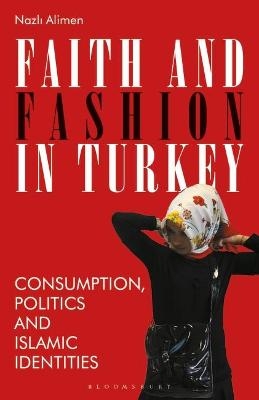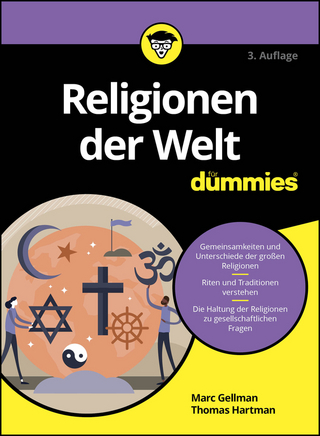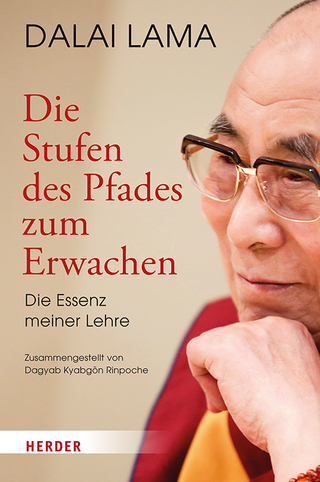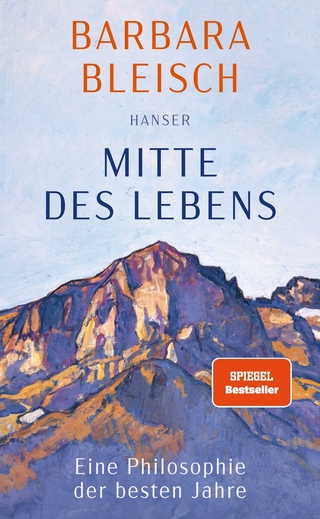
Faith and Fashion in Turkey
Bloomsbury Visual Arts (Verlag)
978-1-350-12932-0 (ISBN)
This book investigates three of the most widespread faith-inspired communities in Turkey: the Gulen, Suleymanli and the Menzil. Nazli Alimen compares these communities, looking at their diverse interpretations of Islamic rules related to the body and dress, and how these different groups compete for power and control in Turkey. In tracing what motivates consumption practices, the book adds to the growing interest in the commercial aspects of modest and Islamic fashion. It also highlights the importance of clothing and bodily rituals (such as veiling, grooming and food choices) for the formation of community identities. Based on ethnographic research, Alimen analyses the relationship between the marketplace and religion, and shows how different communities interact with each other and state institutions. Of particular note are the varied expressions of Islamic masculinities and femininities at play. Appealing to a cross-disciplinary readership, the book will be relevant for scholars within Turkish Studies, Gender Studies, Islamic Studies, Fashion, Consumption Studies, Sociology of Religion and Middle Eastern Studies.
Nazli Alimen is a research fellow at Helsinki University. She holds a PhD in Cultural Studies and Marketing from University of the Arts London. Her research interests include visual and material cultures, particularly fashion and dress, consumer culture, and fashion marketing. She has published in a variety of journals as well as writing a chapter for The Routledge International Handbook of Veils and Veiling Practices.
Figures4
Abbreviations8
Glossary10
Introduction15
The Bourdieuan Framework of Field and Everyday Religion18
The Body and Embodiment: Multiple Muslim Identities24
Faith and Consumption26
Spaces and Spatialities30
Taking a Snapshot32
Reaching Members, Holding Interviews34
Outline of the Book37
Chapter 1. Historical Context: Politics, Religion, Society, and the Communities42
The Foundation and the Early Years of the Republic42
The Return of the Restricted: Islam in Politics as Religious Populism45
Political and Social Lives in the 1960s and 1970s47
The 1980s and 1990s: Economic Liberalisation and its Socioeconomic Impacts50
The AKP Rule: From 2002 to the present53
The Communities53
The Gülen Community53
The Süleymanl? Community59
The Menzil Community61
Veiling Practices and the Headscarf Ban in Turkey62
Conclusion68
Chapter 2. Fields and Habitus: The Religious Field of Sunni Islam and the Community Fields70
The Religious Field of Islam in Turkey: The Structure and Structural Openings71
Islamic Rules of Dressing and Modesty: The Informants’ References and Negotiations75
Acquisition of Muslim and the Community Habitus: The Community Meetings and Worship82
Being Raised with Community Habitus, Becoming one of the Community Personnel90
Visual Clues to Community Identities97
Strategic Changes and Different Levels within the Communities103
Publicly Distinguishable Clues to Piety and Community Membership of Men107
Conclusion113
Chapter 3. Power and Politics: Interactions between Fields116
Conflict and Conformity: Fields and Players116
Religious Education and ?mam-Hatip Schools118
Struggle over Authority and Activity within the Religious Field of Sunni Islam in Turkey121
Field Relations: The Bureaucratic Field and Community Fields125
The Community Fields: Mobility and Permeability132
Faith in the Marketplace: The Gülen, Süleymanl?, and Menzil Communities138
The Gülen Marketplace139
The Süleymanl? Marketplace147
The Menzil Marketplace155
Conclusion162
Chapter 4. The Body and Space: Gendered Understandings and Practices167
Community Spaces and Spatial Practices169
Being Veiled/Non-Veiled, Becoming Veiled: Experiences of Women179
Masculinities and Femininities: In the Turkish Muslim Context and in the Faith-Inspired Communities185
Visibilities and Invisibilities of ‘Muslim’ Women and Men: in the Turkish Context and Community Fields193
Conclusion204
Chapter 5. Fashion and Consumption206
Religiously-Related Apparel206
From Tesettürwear to the Modest Fashion Field210
The Intersected and Intertwined: The Mainstream and the Modest Fashion Fields217
Headcoverings: Habitus and Taste Regimes221
Trends and Trendsetters of the Modest Fashion Field229
Conclusion240
Conclusion246
Appendix259
References263
| Erscheinungsdatum | 23.08.2019 |
|---|---|
| Zusatzinfo | 23 bw illus |
| Verlagsort | London |
| Sprache | englisch |
| Maße | 138 x 216 mm |
| Gewicht | 381 g |
| Themenwelt | Geisteswissenschaften ► Religion / Theologie |
| Sozialwissenschaften ► Soziologie | |
| Wirtschaft | |
| ISBN-10 | 1-350-12932-1 / 1350129321 |
| ISBN-13 | 978-1-350-12932-0 / 9781350129320 |
| Zustand | Neuware |
| Haben Sie eine Frage zum Produkt? |
aus dem Bereich


